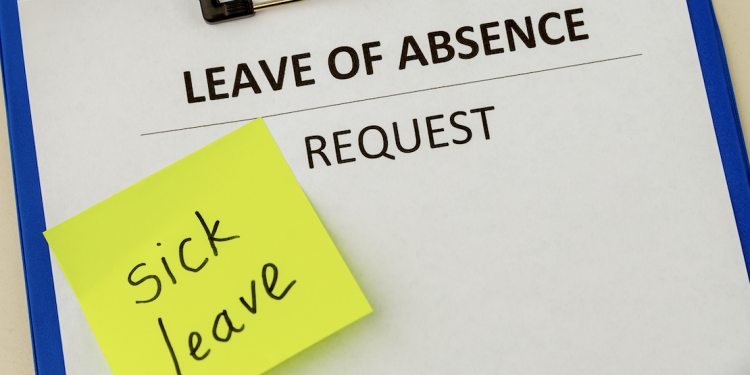NHS waiting times are have a “profound financial impact” on businesses in the UK according to a new report.
Healthcare provider HCML found that almost 60 per cent of employees said that had struggled with getting access to NHS services. It says that this is contributing to employee absence as health conditions are left untreated.
The report also found that one in five (20 per cent) of employees said that were unable to get time off work to attend appointments or access the necessary support or treatment.
The report also identified a disconnect between what employers think is important when it comes providing health and wellbeing services and what employees have access to. Only around a third of employees (37 per cent) report that they have access to private healthcare. However almost one in two ( 47 per cent) employers said that providing private healthcare is important. HCML says that this disconnects shows that while employers are keen to support their employees with healthcare options, some are not hitting the mark when it comes to specific solutions or communicating clearly where employees can get help.
Only 31 per cent of employees say they access health and wellbeing services provided by their employer, yet 52 per cent said they feel they need more support from their employer to improve their health and wellbeing. In addition, nine per cent of employees are also not sure how and where to access health and wellbeing support services. HCML said employers need to find alternative approaches to enable employees to access the support they need.
The report also highlighted that the smaller the company size, the less private healthcare is offered. However, it also found that more employees are absent with mental health issues in larger companies than in smaller companies
HCML Strategic development director Pamela Gellatly says: “Where our NHS cannot provide help for medical issues, employers must offer solutions that help prevent ill health in the first place and actively engage employees to take responsibility for their own health and wellbeing. This is where providing access to private healthcare for the common conditions that lead to an absence, for example, mental health and musculoskeletal disorders, can be very cost effective.”
She pointed out that with 56 per cent of employees saying they struggle getting NHS appointments it is incumbent on employers to offer a solution and access to healthcare.
She adds that only a third of employees surveyed said their employer offered wellbeing programmes. Data from HCML’s services over many years clearly identifies that the underlying cause of absence and claims are related to wellbeing issues such as excess weight, inactivity and other lifestyle behaviours in 85 per cent of cases.
Addressing these factors could close the gap on people needing to see their GP for common conditions and reduce cost for employers over the longer term, by reducing the risk of ill health.
Gellatly, adds: “When it comes to supporting employee health and wellbeing, it’s important to start with a personalised approach to assessment that provides meaningful insight and enables employers to identify trends and implement the most appropriate strategies. It’s imperative that health and wellbeing initiatives are clearly communicated across the business so employees understand what the benefits are and how to access them.”





